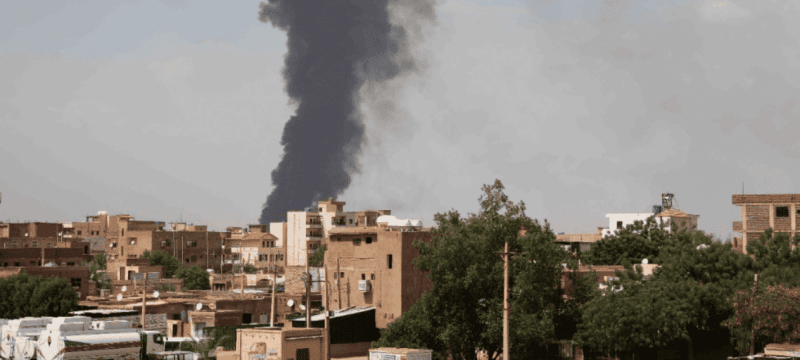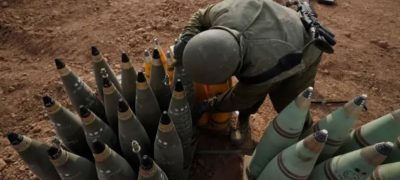In a harrowing incident marking a tragic milestone in Sudan’s ongoing conflict, at least 40 civilians lost their lives, and dozens more were injured in an air strike on a market in southern Khartoum. The strike, reportedly carried out by the army, has left the nation reeling and desperate for an end to the violence that has persisted since April.
Read More: Torkham Border Standoff: Talks Stall as Pakistan and Afghanistan Clash Over Border Construction
This devastating attack stands as the deadliest single incident since the conflict erupted in Sudan five months ago. The war, pitting the Sudanese army against the paramilitary Rapid Support Forces (RSF), has neither seen a clear victor nor shown signs of a peaceful resolution.
The latest tragedy unfolded when drones conducted a series of heavy air strikes on southern Khartoum, primarily occupied by the RSF. Eyewitnesses on the ground reported the devastation, with images shared by the local volunteer group known as the Southern Khartoum Emergency Room revealing the grim aftermath. Injured men and women and lifeless bodies, some piled together, served as stark reminders of the human toll.
Residents in the affected area are primarily day workers who have been left stranded without employment opportunities, rendering them too impoverished to escape the capital. The injured had to be transported using rickshaws or donkey carts, highlighting the dire circumstances faced by those caught in the conflict’s crossfire.
Mohamed Abdallah, a spokesman for the Southern Khartoum Emergency Room, detailed the challenges faced by volunteers attempting to provide essential services to the affected population. With most hospitals closed and local governance in disarray, documenting the true extent of the casualties remains an uphill battle.
In the wake of this tragedy, both sides in the conflict engaged in a blame game. The RSF accused the Sudanese army of carrying out the attack, along with other strikes, while the Sudanese army denied responsibility and pointed fingers at the RSF.
Brigadier General Nabil Abdallah, speaking on behalf of the Sudanese army, asserted that their attacks were solely aimed at “the enemy’s groupings and stations in different areas.”
Throughout the course of the conflict, the RSF has extended its presence into residential areas across the capital, Khartoum, and neighboring Bahri and Omdurman. In response, the Sudanese army has utilized heavy artillery and air strikes, resulting in numerous civilian casualties.
Last week, strikes in western Omdurman claimed the lives of at least 51 people over two separate days, further illustrating the toll this protracted conflict has taken on the civilian population.
The war, which began on April 15th, stemmed from tensions over the integration of troops during Sudan’s transition to democracy. Despite multiple international mediation efforts, the fighting continues unabated. The situation is exacerbated by the closure of most hospitals and the absence of functioning local government, leaving volunteers struggling to cope with the overwhelming scale of the crisis.
Medical aid agency MSF, operating Bashair hospital in southern Khartoum, reported that the crowded Gorro market was hit at 7 am, causing at least 60 injuries. Doctors were forced to halt their attempts at counting casualties as they worked to save lives, further underscoring the gravity of the situation.
“Khartoum has been at war for almost six months. But still, the volunteers … are shocked and overwhelmed by the scale of horror that struck the city today,” lamented emergency coordinator Marie Burton.
As Sudan endures the relentless brutality of this conflict, the international community watches with a mixture of concern and hope for an end to the suffering and a path towards peace.









